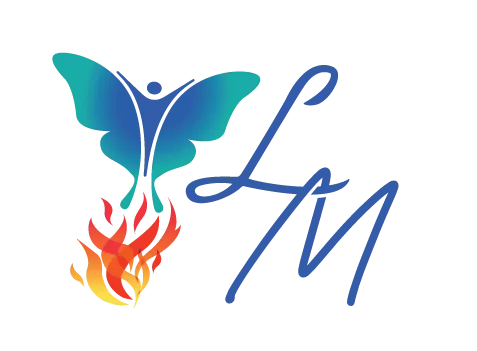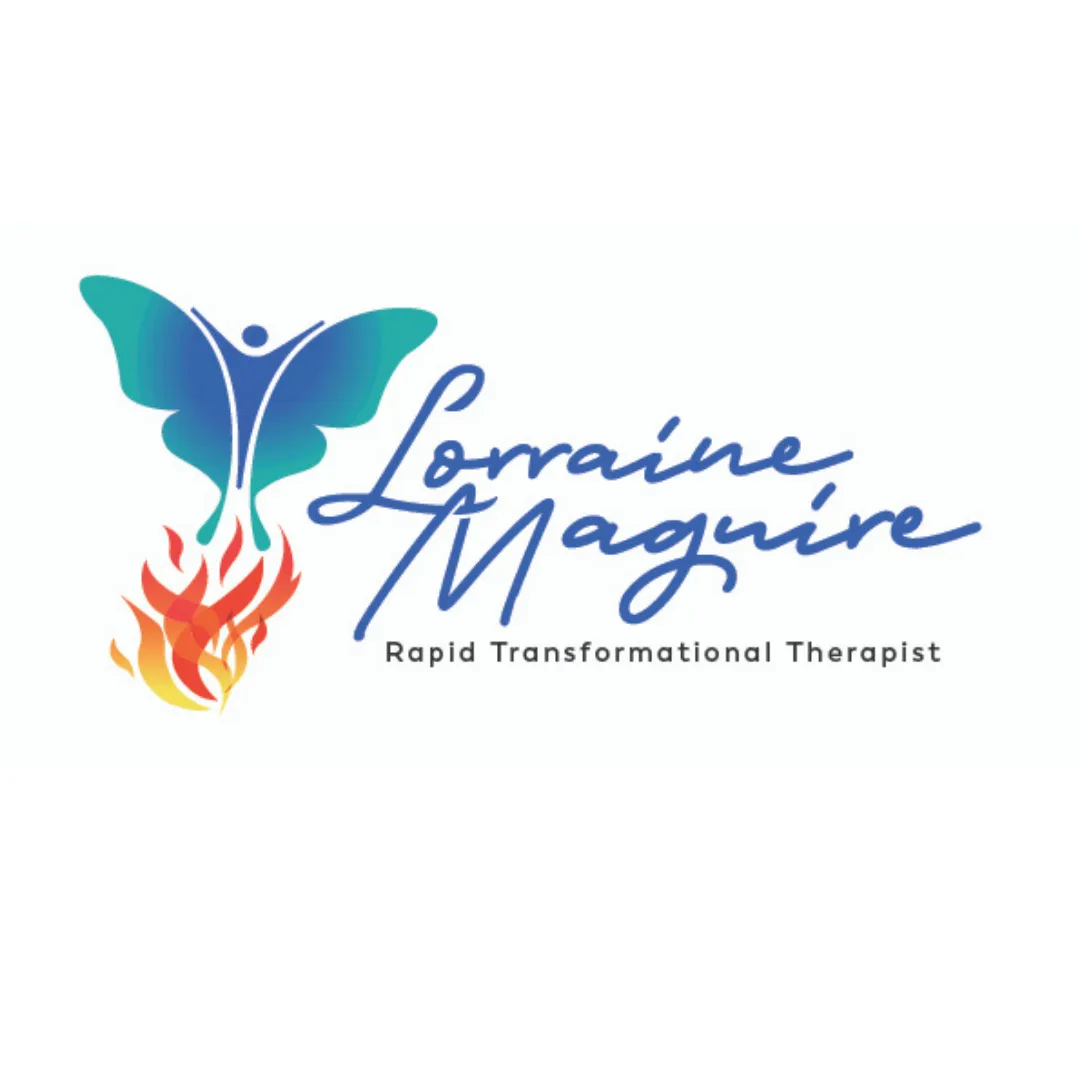
Tips to Express Emotions
Emotions! We ALL have them! What are they? The word emotion comes from the Latin word 'emotere' which literally means energy in motion. To me that means if they are not expressed they are repressed. Energy has to go somewhere and many of us have spent years repressing our emotions and that causes issues such as anxiety, depression, physical illnesses, ailments and pain, addictions, people pleasing, relationship issues, and low self-esteem to name but a few.
The more I do this work the more I see many of the issues people come to see me with are due to unexpressed emotions, needs and desires. There is so much energy trapped within us that is starting to express itself in unhealthy ways. We find ways to express how we feel or we suppress it.
Emotions are not good or bad but some are more unconformable than others and many of us have been taught to keep them to ourselves. We believe they are bad and they will cause hurt to others. We may have been laughed at or ridiculed for crying (bigs boys don't cry) or told "good girls don't get angry" or been sent to our rooms when we were highly emotional. Some of us believed we were responsible for how others felt "look how you made me feel". We may even have had painful traumatic experiences where we didn't have the skills to cope with how we felt. It felt safer to not feel. So the above taught us to push our feelings down and now we are suffering because of it.
ALL emotions are important. They tell us something. They are like messengers and they can help us determine what is right or wrong for us in all situations. We can even have mixed emotions where we feel multiple things about an experience. For example;
Anger tells us a boundary has been crossed or we are being threatened. It can protect us and help us stand up for ourselves. It can motivate us to take action. Sometimes anger covers up a more vulnerable feeling like fear or sadness. It can keep others away from us, push people away, create space and act like a suit of armour.
Anxiety and fear are there to protect us and keep us safe. Our natural physiological response to fight, flight, freeze or fawn in situations that are dangerous or life-threatening. Sometimes these can get out of hand and make us fearful of things that aren't dangerous or unsafe. We can also create undue anxiety with worrying thoughts.
Disappointment happens when something we expected doesn't happen. This may be because our expectations were too high or we didn't communicate them clearly. It also occurs when we go for a goal and don't meet it. We take a risk and it doesn't pay off. We work hard and don't get the results we want. Situations we will all face in life.
Embarrassment occurs when we do something silly or make a mistake. We are more embarrassed when others know about what we have done but we still feel it even if no-one is around. Embarrassment can prevent us doing things again and that can be a good thing if what we did wasn't right but it also stops us going after what we want because we are afraid of making a mistake and getting embarrassed again.
Sadness tells us we are losing something that is important to us. We all experience sadness with loss. It is a normal part of life. We might be losing a friend, partner, job or even making a happy positive change like moving house but are sad we will miss our current neighbours.
I have created these videos to help you find healthier ways to express your emotions. Choose the ones which resonate with you and try them - not just once but over and over until you see and feel the results. Once you have felt the emotions and released them in one of these ways then you will feel calmer and more able to take any appropriate actions relevant to the situation like speaking up for yourself, talking to the person involved, asking for your needs to be met, stating how the situation made you feel, or even leaving a situation that might not be healthy for you.
1. Release Anger (Smash)
Anger is normal and natural and we all feel it. We can learn to release anger in healthy ways so we don't harm ourselves or those around us.
Sometimes when angry I feel an urge to smash something. Be safe & wear goggles or relevant safety gear.
2. Release Anger (Journal)
Journalling is a great emotional release. Don't hold back! Write like no-one (including yourself) will ever read it. Get out the anger.
Start by writing "I feel angry because...." and then go for it. Don't make it pretty. Swear as much as you want. Just let it free flow out of you. Then destroy it if you are worried someone might read it.
3. Release Anger (Hit Safely)
Another way to release anger is to hit something (preferably soft as there is less chance of hurting yourself).
You can do this quietly, with yelling, fast or slow depending on what feels right for you.
I used to be scared to do this as I thought it would make me more angry but it actually releases it and a lot of times I end up laughing after I have released the anger.
Then I can logically process what caused the anger and work through any issues.
4. Release Anger (Dance)
My favourite! An angry dance! Get up, put on your favourite angry song or hard rock or dance tune and dance it out.
Move your body in an angry way. Mimic punching to the beat. Yell, be silent or sing along if the words are relevant.
5. Release Anger (Yell in the Car)
Yelling in the car can be a great release of anger. Do it while driving if safe.
Otherwise drive somewhere private, put on some loud music and then yell, scream, speak your anger out loud.
Don't hold back, just express how you feel. No censorship, no judgement of self, just let rip.
6. Release Anger (Walk)
Get out in nature (or your local streets). Walk hard & fast while you allow yourself to feel just how angry you are.
Let yourself feel it and then talk out loud. Speak out your anger. Don't hold back.
If there are people around you can say things under your breath or mouth them until they pass. I wear headphones so it just looks like I am chatting on the phone.
7. Calming Anxiety (Breathing)
The quickest way to calm an anxious reaction is through breathing.
Deep belly breathing, square breathing or breathe counting. Try them all out and see which works best for you.
When we feel anxious and we are actually safe then breathing calms our body down.
8. Calming Anxiety (Grounding)
When we feel anxious because we are worried about what happened before or what is coming then grounding brings us into the present moment & calms anxiety as it interrupts our racing anxious thoughts.
I suggest 3 things I can see, hear, feel, then 2, then 1. And I do this multiple times if needed.
9. Reducing Anxiety (Exercise)
Exercise is very important to reduce anxiety. Regular exercise as part of a self-care routine can increase confidence, move emotions through the body, improve mood, help you relax and sleep better and therefore lower symptoms of anxiety and depression.
Choose the exercise that works best for you. I like to mix it up with dancing, swimming, hiking, running, gym classes and jumping on the trampoline.
10. Reducing Anxiety (Power of Words)
Words have power to influence our physical & emotional states.
Positive words such as 'calm', 'relax', 'peace', or even 'love' can strengthen areas in our frontal lobes, promote cognitive functioning and help to calm the body down.
Repeating the word calm or relax over and over literally calms the body's anxiety response.
11. Reducing Anxiety (Anticipation)
Many of us create anxiety just by thinking about it, anticipating it and expecting it. Anticipatory anxiety can make us even more anxious. If we can create anxiety why not something better?
What's the best way to do it? Write it out. Write out how you want an event to go & then read it over and over as much as possible beforehand.
12. Reducing Anxiety (Brain Dialogue)
When you feel anxiety there are ways you can dialogue with your brain that can reduce anxiety and help you feel calmer and deal with situations.
Speak to your brain and let it know that you are safe, you've got this, it won’t last forever, you can ask for help and anxiety will pass
13. Release Sadness (Movies)
One of my favourite ways to release sadness & grief is to watch a sad movie and let myself cry. Really howl, sob, wail, let it all out.
Crying is healing. Where the tears flow the healing goes.
Many of us were taught that crying shows weakness or is silly and irrelevant. We were told "big boys don't cry" or "you're such a cry baby".
Crying is our natural way of releasing bottled up emotions, releasing feel good hormones that ease pain, restoring emotional balance, relieving stress & anxiety and flushing out excess adrenaline.
14. Release Sadness (Journal)
Just like with angry journalling don't hold back with what is making you feel sad. Journalling is a great emotional release.
Start by writing "I feel sad because...." and then go for it. Allow yourself to cry as you do this as crying is so healing.
Certified Clinical Hypnotherapist
Certified Advanced Rapid Transformational Therapist
Member – International Institute for Complementary Therapists
